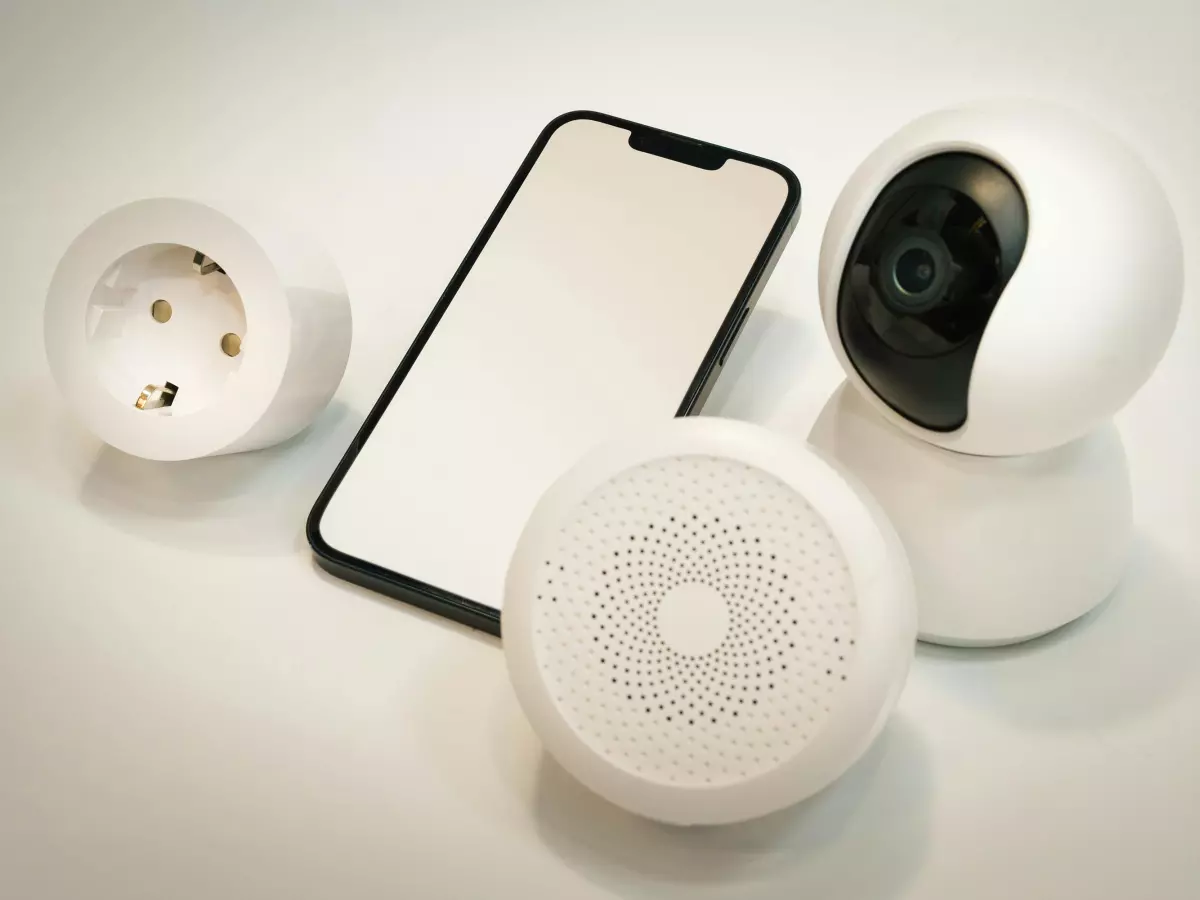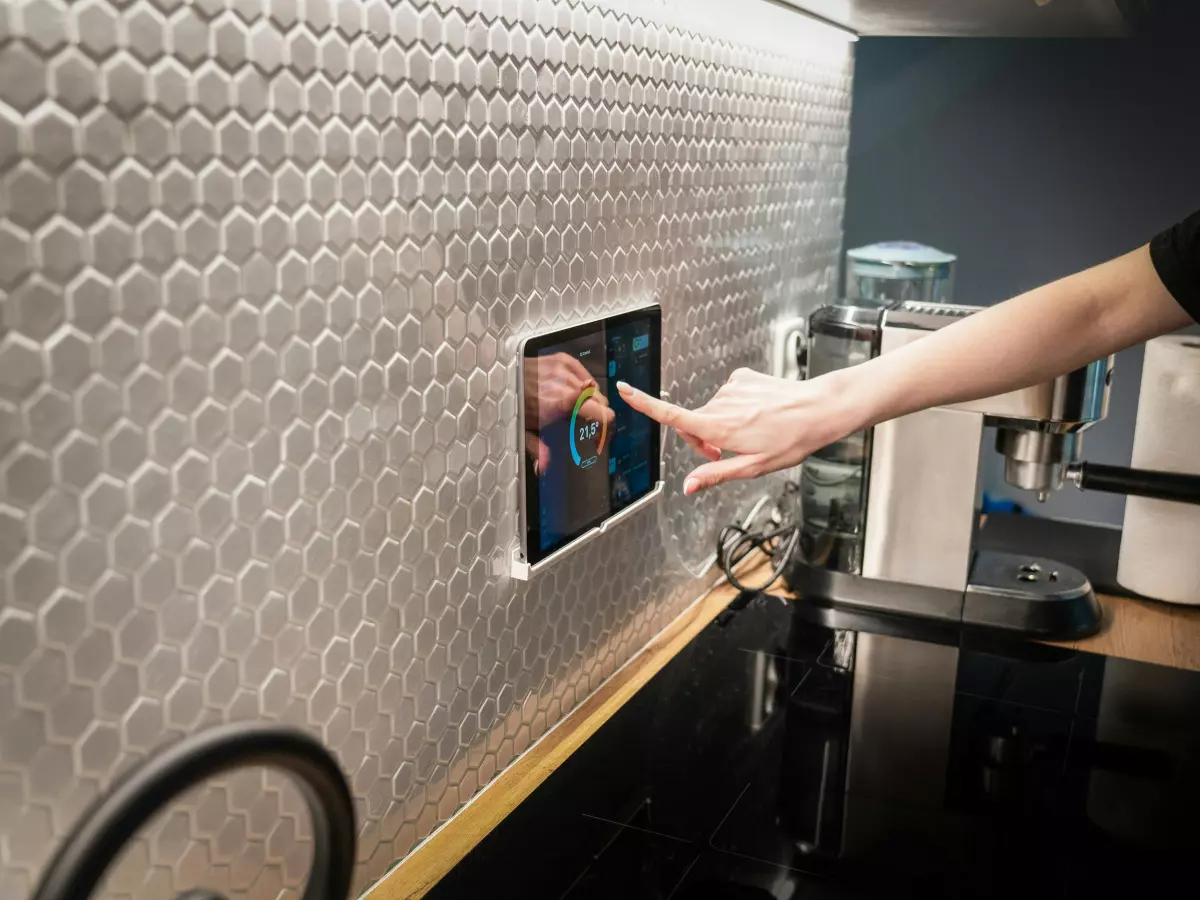Offline Smart Homes
Your internet goes down, and suddenly, your smart home feels... well, not so smart. But is that really the case? Can your smart home survive without its precious internet connection?

By Hiroshi Tanaka
There's a common misconception that smart homes are completely useless without internet connectivity. People often assume that if your Wi-Fi goes down, your lights, thermostat, and security system will all stop working, leaving you in the dark—literally. But here's the thing: not all smart home devices rely on the internet to function. In fact, many of them can still work perfectly fine offline, depending on the protocols and connectivity standards they use.
Let's break it down. First off, not all smart home devices are created equal. Some rely heavily on cloud-based services, while others are designed to function locally. Devices that use local communication protocols like Zigbee, Z-Wave, or Thread can often continue to operate even when your internet connection is down. These protocols create a local mesh network, allowing your devices to communicate directly with each other without needing to reach out to the cloud.
On the flip side, devices that rely on Wi-Fi or Bluetooth may be more dependent on an internet connection. For example, a smart speaker like an Amazon Echo or Google Nest often needs the internet to process voice commands, as these are sent to cloud servers for interpretation. Without the internet, your voice assistant might just give you the silent treatment.
But here's where things get interesting: some Wi-Fi-based devices are starting to incorporate local control features. For example, certain smart lights and thermostats can still be controlled via a local network, even if the internet is down. This is thanks to advancements in local APIs and the growing adoption of protocols like Matter, which is designed to improve device interoperability and local control.
So, what happens when the internet goes down?
In many cases, your smart home won't be completely crippled. Devices that use local protocols will continue to function, and even some Wi-Fi-based devices will still work within your local network. However, you might lose access to certain features, like remote control via a smartphone app or voice commands through a cloud-based assistant.
For example, if you're using a smart lock that supports local control, you'll still be able to lock and unlock your door manually or through a local app. But if your lock relies on cloud-based services for remote access, you might be out of luck until your internet is restored. Similarly, your smart thermostat might still regulate your home's temperature based on pre-set schedules, but you won't be able to adjust it remotely.
Another factor to consider is automation. Many smart home systems rely on cloud-based platforms to execute complex automation routines. If your internet goes down, these automations might stop working, especially if they involve cloud-dependent devices. However, if your automations are set up to run locally—say, through a hub that supports local processing—then they should continue to function as usual.
How to prepare your smart home for offline scenarios
So, what can you do to ensure your smart home remains functional when the internet goes down? First, consider investing in devices that support local control and communication. Look for products that use protocols like Zigbee, Z-Wave, or Thread, as these are designed to work independently of the internet.
Next, make sure your smart home hub or controller supports local processing. Many popular hubs, like Samsung SmartThings or Hubitat, offer local control options, allowing your devices to continue working even if the cloud is unreachable. Additionally, some smart home platforms, like Apple's HomeKit, are designed with privacy and local control in mind, meaning your devices can still communicate with each other without needing to send data to the cloud.
Finally, it's always a good idea to have a backup plan. If your internet goes down frequently, consider setting up a secondary internet connection or using a mobile hotspot to keep your smart home online. Alternatively, you can create manual overrides for critical devices, like smart locks or thermostats, so you can still control them without relying on the internet.
In the end, the idea that your smart home is completely useless without the internet is just a myth. While you might lose some features, like remote access or voice control, many devices will continue to function locally, keeping your home running smoothly even when the Wi-Fi is down.
So, can your smart home survive without the internet? Absolutely. But like any good survivalist, it's all about being prepared.





